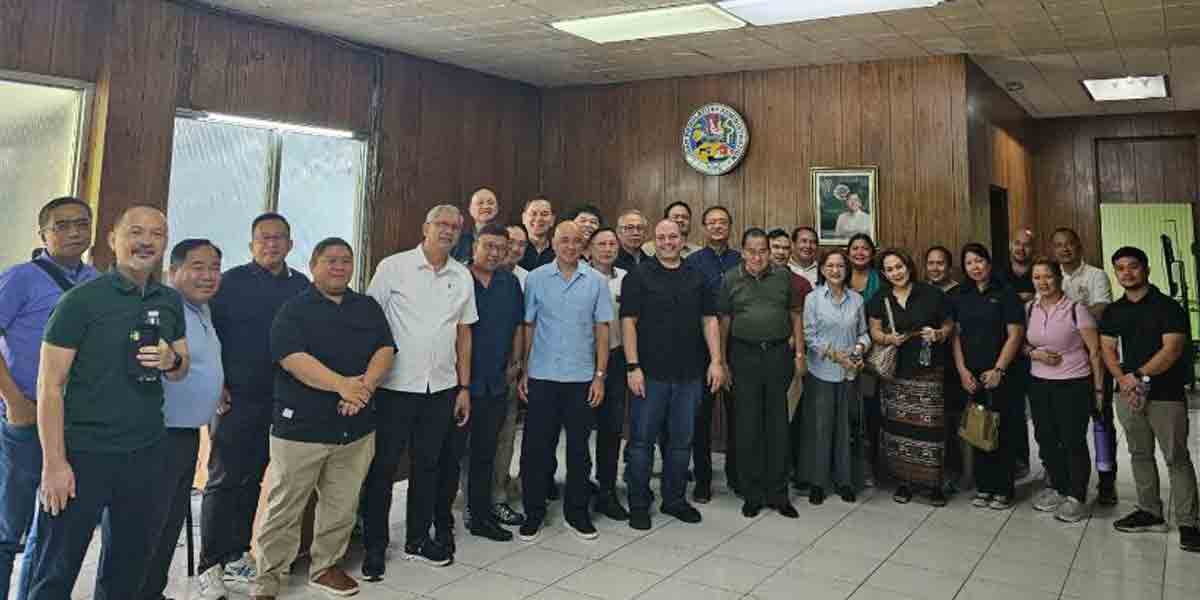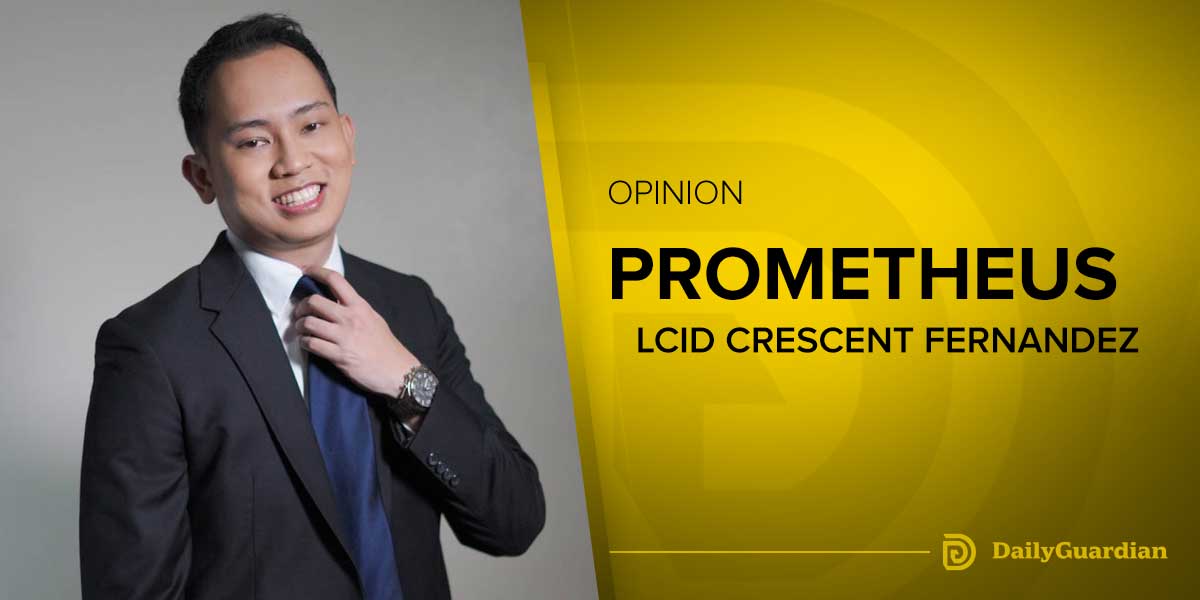 By Atty. Eduardo T. Reyes, III
By Atty. Eduardo T. Reyes, III
The ‘closure’ of ABS-CBN had been largely denounced as an attack or infringement on freedom of the press which jurisprudence considers as tightly woven with freedoms of speech and of expression.
From a strictly legal standpoint, it is not up for debate that “A textual interpretation of Section 6 of P.D. No. 576-A yields the same interpretation that after December 31, 1981, a franchise is still necessary to operate radio and television stations.” (Associated Communications & Wireless Services-United Broadcasting Networks v. National Telecommunications Commission, G.R. No. 144109, February 17, 2003, underlining supplied.).
Indeed, if the law is the law no matter how harsh it is (dura lex sed lex), then the story ends here. However, as law students, we had been trained to “scratch the surface” of the law and consider the “reason” behind the law. Because we had also been taught that “when the reason for the law ceases, then the law itself ceases” (cessante ratione legis, cessat et ipsa lex).
And this is what jurisprudence has to say on the reason or rationale for the requirement of a congressional franchise for the operation of TV or radio stations:
“What exactly is the reason or rationale for imposing a prior congressional franchise? There seems to be no valid reason for it except to impose added burden and expenses on the part of the applicant. The justification appears to be simply because this was required in the past so it is now. We are reminded of the forceful denunciation of Justice Holmes of a stubborn adherence to an anachronistic rule of law:
‘It is revolting to have no better reason for a rule of law that so it was laid down in the time of Henry IV. It is still more revolting if the grounds upon which it was laid down have vanished long since, and the rule simply persists from blind imitation of the past. (The Path of the Law, Collected Legal Papers [1920] 210, 212 quoted from The Justice Holmes Reader, Julius N. Marke, 1955 ed., p. 278.)’”
The call to dispense with the requisite legislative franchise must, however, be addressed to Congress as the lawmaker of the land for the Court’s function is to interpret and not to rewrite the law. As long as the law remains unchanged, the requirement of a franchise to operate a television station must be upheld.” (Associated Communications & Wireless Services-United Broadcasting Networks v. National Telecommunications Commission, G.R. No. 144109, February 17, 2003, underlining supplied).
Thus, decisional law teaches that THERE IS REALLY NO REASON OR RATIONALE, LET ALONE GOOD OR VALID REASONS, FOR THE LAW (P.D. 576-A) THAT REQUIRES A CONGRESSIONAL FRANCHISE FOR THE OPERATION OF RADIO OR TV STATIONS, EXCEPT THAT THE LAW SIMPLY SAYS SO.
And while the pronouncement of the Supreme Court in the Associated Communications case is that for as long as Section 6 of P.D. No. 576-A “remains unchanged, the requirement of a franchise to operate a television station must be upheld”; nevertheless, in the same breath, the glimmer of hope for ABS-CBN is the concession by the Supreme Court that P.D. No. 576-A has no meaning behind it: it has no spirit or life that supports its text.
It may be postulated that the ruling in the Associated Communications case ought to be followed under the rationale of stare decisis (or the doctrine of abiding by and adhering to previously decided cases); however, “Courts over the years have applied this doctrine inconsistently; in one of his dissents, Justice Brandeis listed well over a hundred cases in which the Court had abandoned or reversed a prior decision”. (p. 10. DISSENT AND THE SUPREME COURT, ITS ROLE IN THE COURT’S HISTORY AND THE NATION’S CONSTITUTIONAL DIALOGUE, by Melvin I. Urofksy).
Given this “opening” in the Associated Communications case, whereby it was held that there is “no reason” behind the law requiring a congressional franchise for the operation of radio or TV stations, it is unfortunate that no dissent or separate opinion was entered to provide a different view on this legal issue. For as argued by Justice Kathleen Sullivan: “great Supreme Court dissents lie like buried ammunition for future generations to unearth when the time comes”.
It would not, therefore, be wishful thinking to seek the abandonment or overturning of the ruling in the Associated Communications case by ditching the requirement of a congressional franchise in the operation of radio or TV stations. Perhaps a mere regulation by the NTC of the use of the airwaves would suffice.
Justice Holmes predicated his lectures in ‘The Common Law’ on the following principles:
1)SOCIOLOGICAL JURISPRUDENCE- Belief that judges had to take into account economic, social, and political facts in addition to legal theory when determining a case. (DISSENT AND THE SUPREME COURT, ITS ROLE IN THE COURT’S HISTORY AND THE NATION’S CONSTITUTIONAL DIALOGUE, by Melvin I. Urofksy); and,
2) LEGAL REALISM- many factors influence legal outcomes, of which the law itself was but one. (DISSENT, Ibid.)
The law therefore can never be divorced from society, more so that the law should “only be one of the factors” but not the end all and be all. And when the law becomes anachronistic, then it is no law at all especially when pitted against the sublime freedoms of expression, of speech and of the press.
We ought to remember that liberty is amorphous and when under attack, the knell tolls not only for ABS-CBN, but it tolls for thee.
(Atty. Eduardo T. Reyes, III is the senior partner of ET Reyes III & Associates- a law firm based in Iloilo City. He is a litigation attorney, a law professor and a law book author. His website is etriiilaw.com).



















